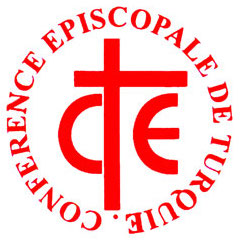
This article needs additional citations for verification .(October 2024) |
Episcopal Conference of Turkey is the committee meeting of the Catholic bishops in Turkey of the various ritual churches. It is a member of the Council of European Episcopal Conferences (CCEE), and a guest member of the Southeast European Bishops' Conferences.
